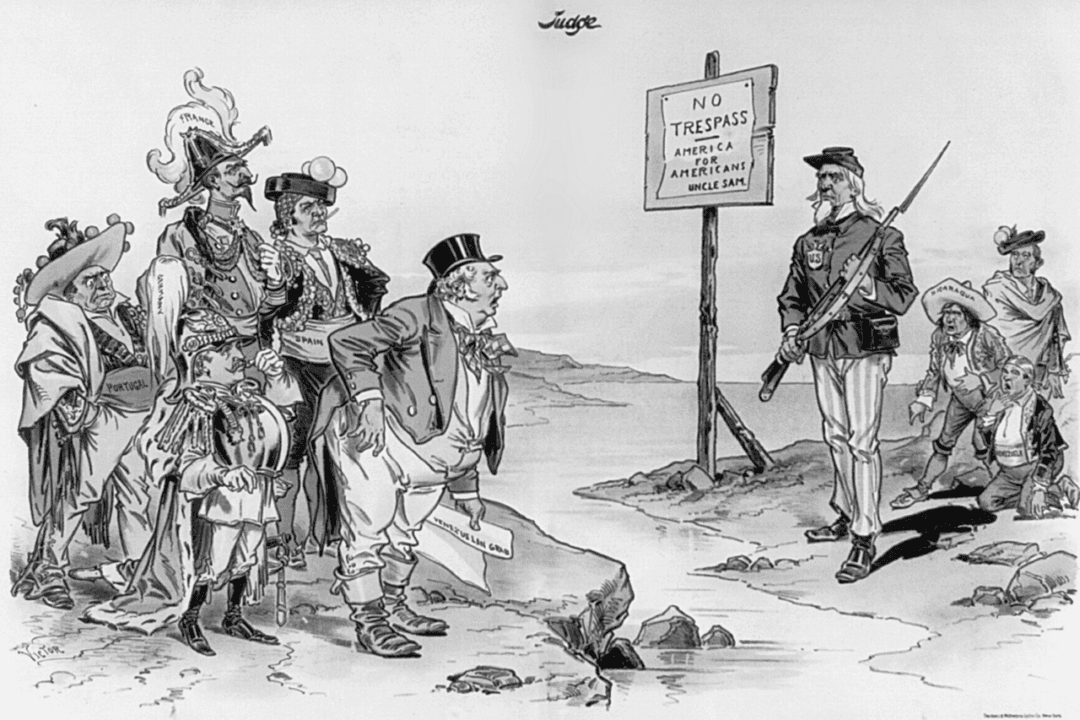Though James Monroe is hardly the most memorable president, his foreign policy doctrine known as the Monroe Doctrine is without question the most lasting. Sean Mirski, in his new book “We May Dominate the World: Ambition, Anxiety, and the Rise of the American Colossus,” discusses just how the Monroe Doctrine was formulated, implemented, altered, and manipulated to transform the Western Hemisphere into a quasi-American protectorate.
The Monroe Doctrine may have been the foundation for America’s diplomatic and, at times, less than diplomatic foreign policy decisions, but as Mr. Mirski makes abundantly clear in his book, there were other foundational principles at play. The law of unintended consequences seems to be the bane of many of America’s diplomatic good intentions. These consequences were the result of America’s limited options, most of which were less than favorable. The author demonstrates how policies throughout various administrations, especially during the post-Civil War and early 20th century era, came to fruition out of sheer necessity. Those necessities arose out of fear and anxiety during a time of growing and fading empires, like the British, French, German, Spanish, and Japanese. Along with those Eastern Hemispheric empires, America found herself establishing her own in the Western Hemisphere by either conquest, happenstance, or the aforementioned necessity.






